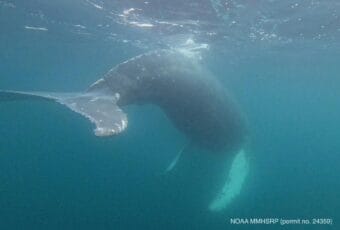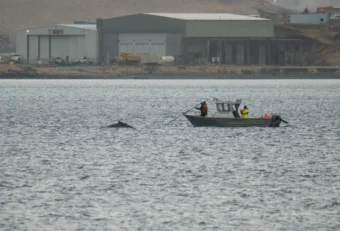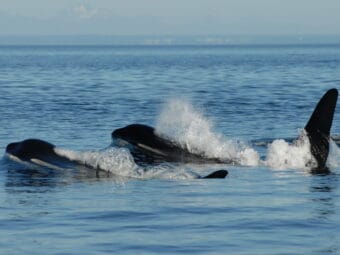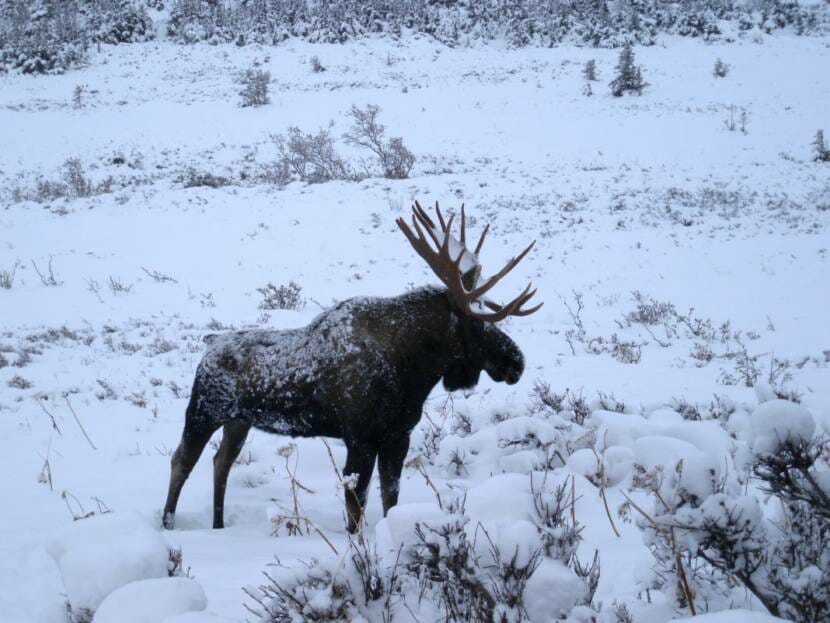
A new scientific paper looks at predator reduction efforts in a large area of the Interior and South-Central Alaska and finds they have not increased hunter moose harvest over several decades.
The recently published research looked for longterm correlation between predator control and moose harvest in Game Management Unit 13. One of the study’s authors, retired Alaska Department of Fish and Game wildlife biologist Sterling Miller, says the study’s finding runs counter to a widely held perspective.
“There’s a lot of support in the legislature, and indeed the Alaska public and particularly the Board of Game, in the concept that killing more predators results in killing more moose,” he said. “And what our paper sets out to do is examine whether or not that’s true or not, and we decide based on our kind of analysis that it isn’t.”
Miller says the study used about 40 years of state harvest data for Unit 13 to analyze the efficacy of using wolf and bear reduction to increase moose hunter success.
“What we can infer from our data is that the historical harvest of predators has not resulted in increased harvest of moose,” he said.
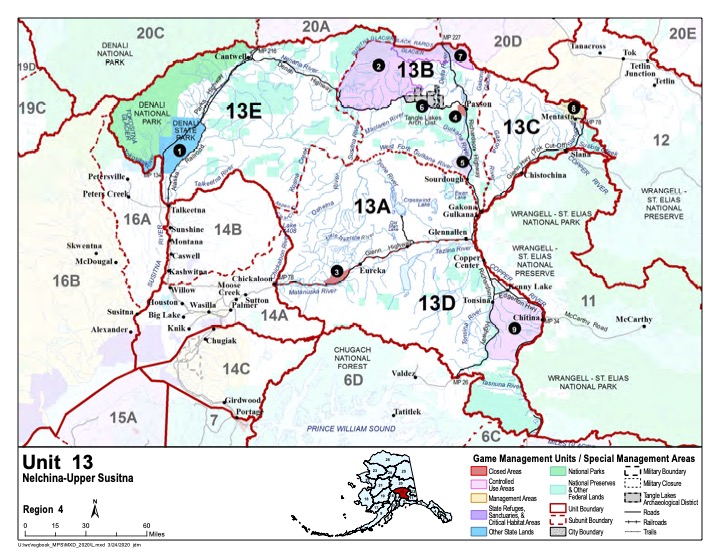
The analysis undermines the premise of bear and wolf reduction programs authorized under the state’s Intensive Management Law by the Board of Game, including in Unit 13. Current state biologist Tom Paragi, who is in the process of evaluating the state’s intensive management programs, says that predator reduction appears to have been successful in Unit 13 over a shorter timeframe.
“The fact is the moose harvest did increase substantially, almost doubling from about 2003 to 2015, coincident with the implementation of wolf control and simultaneously brown bears had been reduced because of liberalized harvest regulations,” he said.
But Miller says the moose harvest fell back again post-2015 despite ongoing predator control. He underscores the value of taking a long-term perspective.
“If you look at short time periods, you may see some things that look like there’s a relationship, but that’s cherry picking the data,” he said.
Miller authored the study with fellow retired Fish and Game biologist David Person and retired University of Alaska Fairbanks professor Terry Bowyer. Their article, titled “Efficacy of Killing Large Carnivores to Enhance Moose Harvests: New Insights from a Long-Term View,” is published in the peer reviewed open access journal Diversity.

